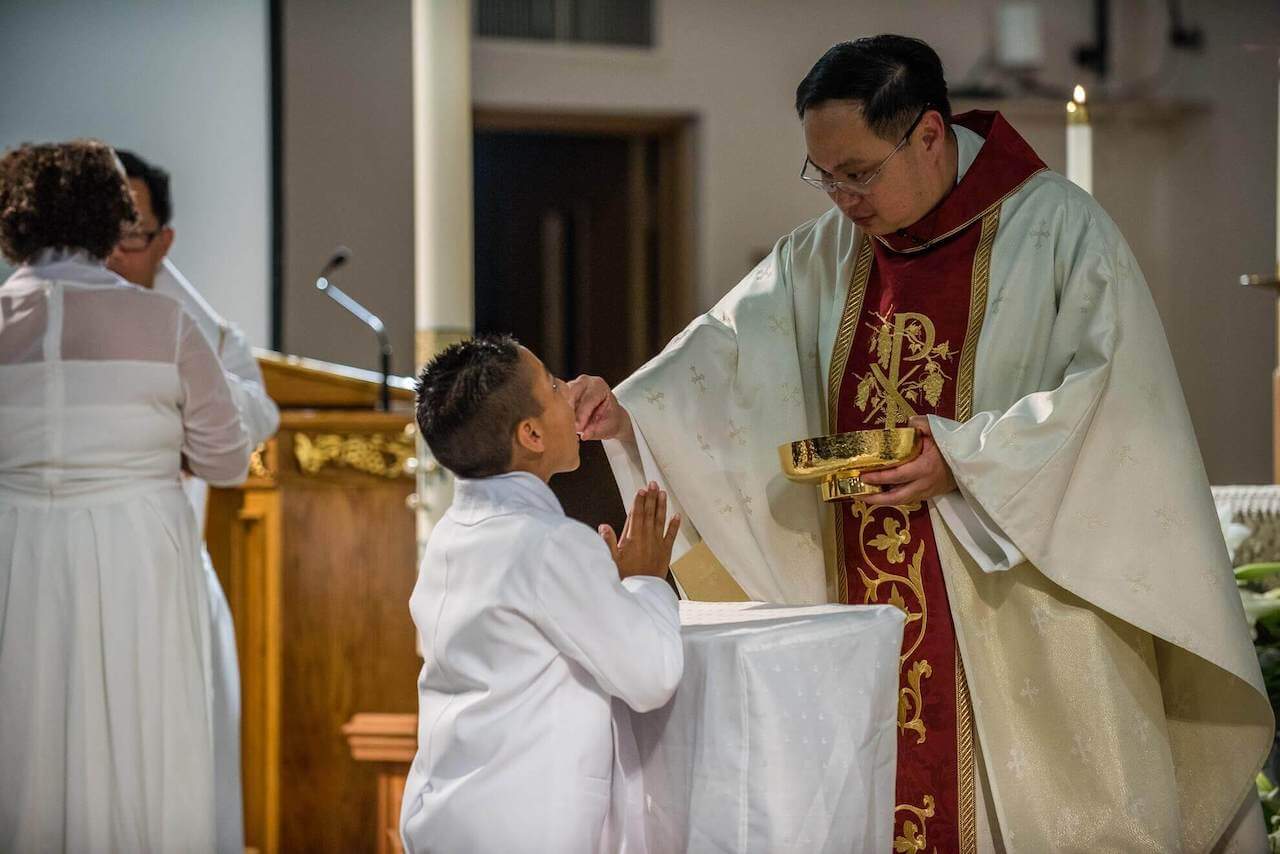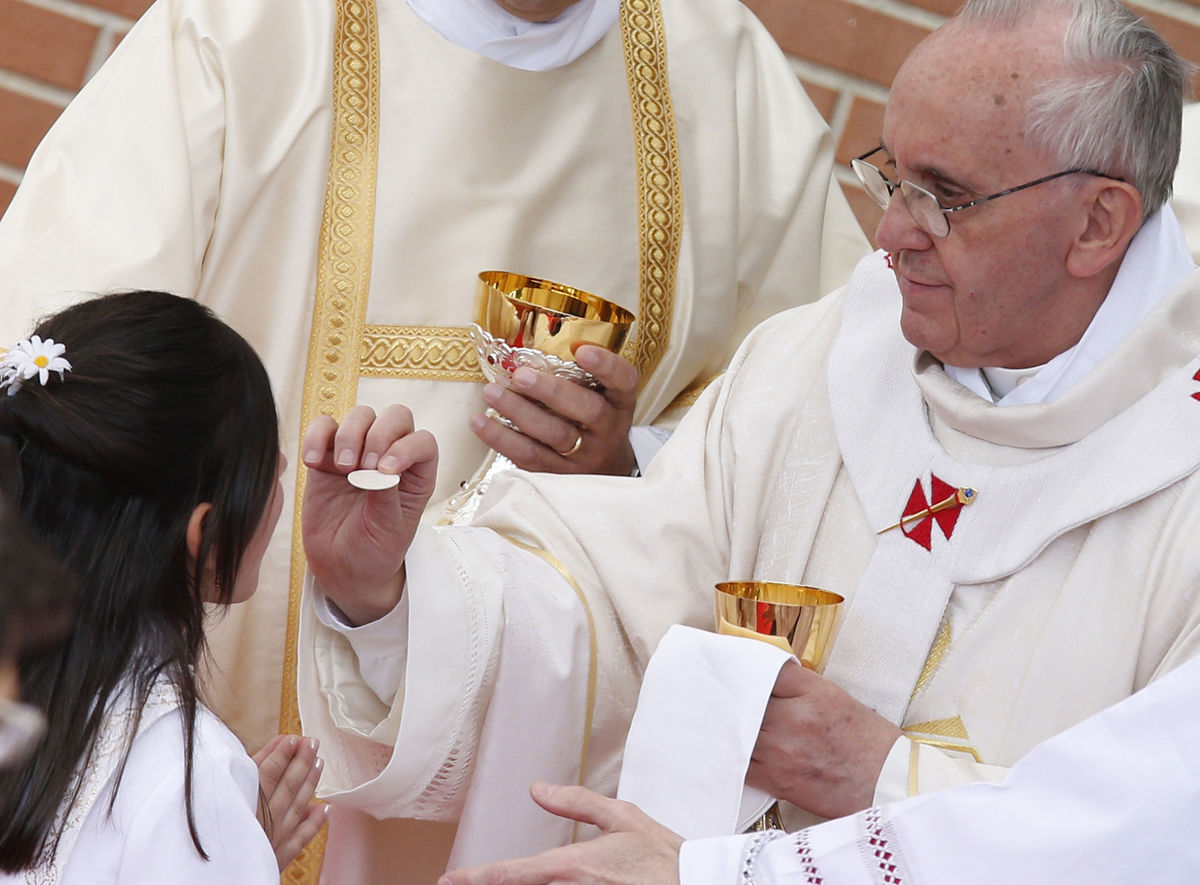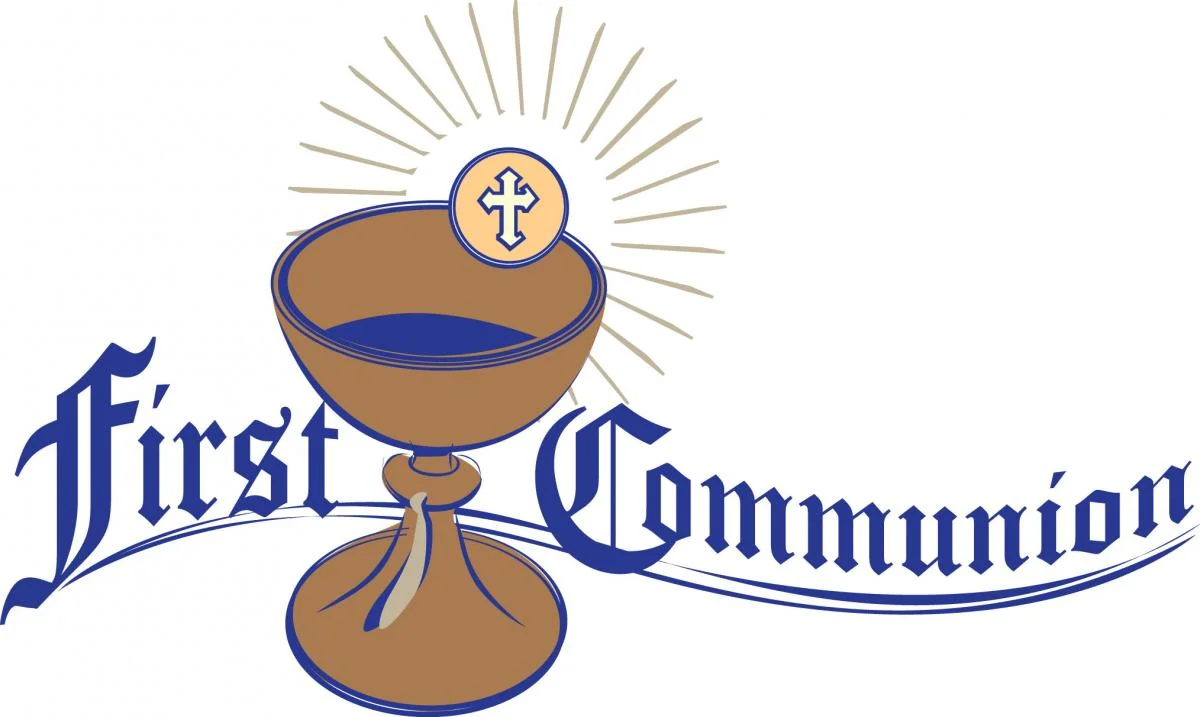I am a diligent author that is interested in covering issues pertinent to religion, spirituality, culture and people. Throughout the years I have been conducting research and writing regarding religious traditions and life milestones as well as the values that anchors communities. It has been particularly special to write about First Communion because by doing so, I am capable of connecting history, theology and personal development in a manner that people across the world and their families could identify and relate to.
My mission is to write in such a way that I would help people not only understand important things in life but also inspired them to consider the deeper aspects of what is happening in life. Having a long-form writing and story-telling background, I do my best to unite clarity, depth, and warminess in all written articles I create. As I write about topics, such as First Communion, I want the readers to envisage what is outside the ritual and behind the moment and explore the spiritual richness of such an experience that makes it timeless.
I want my work to offer encouragement, insight and inspiration to those who are contemplating and/or anticipating this blessed event. It is not a secret that writing is my profession and a contribution to the discussion of important issues like faith, tradition, and values uniting people.
Introduction
First Communion represents one of the most important events in the lives of Christian children not to mention that within the Catholic Christians. It is the initial introduction to Eucharist, which is a body and blood of Christ in the form of bread and wine that is given to the faithful at the young age. Although it may appear to be merely a small ceremony or passage of adulthood, First Communion is not just an after-church event and gathering (and not a religious one, necessarily) but an initial step toward an epiphany that will take a lifetime to come to fulfillment. This religious occasion is a balancing of tradition, theology, individual development and family legacy.
It links the child to centuries of practice in the Christian faith and enroots the child more in their religious community. First communion is celebrated with the same importance in most of the cultures as other life changing events like baptism, nuptials, or confirmation. Some parents and grandparents take several months to teach about this event religiously and even offer details about the ceremonies. Children are taught about not just the externalized way of observing the ritual, but also how the ritual is seen internally: how Christ is in the Eucharist and changes the children spiritually.
To learn more about First Communion, it is necessary to read history, theology, traditions, cultural varieties and preparations and even the relevance of First Communion these days. This paper will give a thorough analysis of First Communion, reasons as to why it is being celebrated, how the family gets ready, and how significant it becomes to the recipient.
The Historical Roots of First Communion
First Communion can be traced back to the last Supper where Jesus Christ broke bread and shared the wine with his disciples and asked them to do this in remembrance of him. Early Christian groups passed this on and as time went by the Eucharist became a major service in the Catholic Church and other Christian denominations. Within the first few centuries of the Christian faith, both children and adolescents would frequently be given the Eucharist at the time when they were baptized even when they were still babies. Nevertheless, the practices changed throughout the history of the Church.
The Church in the Middle Ages started to underline the necessity of knowing the sacrament better prior to its intake. This contributed to the establishment of the age of discretion which was normally at the age of seven when First Communion was supposed to take place. In 1215, the Council of Lateran IV authoritatively fixed the policy that, when children attained the age of reason, they would be advised to take both confession and communion. First Communion has ever since been identified as a milestone in a child faith walk. This custom is not only rooted in the continuity in the ancient Christian tradition but also is aligned with contemporary requirements of the faith formation.
The Spiritual Significance of First Communion
Fundamentally, it is not just any ritual or tradition because First Communion is the great meeting with Christ. The initiation of First Communion entails the readiness of the child to receive full enjoyment of the spiritual life of the Church. It is a symbol to them of realization of the sacrifice of Christ and their acceptance of his presence being in their lives. The Eucharist is even said to be the source and summit of Christian life. To the Catholics, it is not merely symbolic but is an actual meeting with Christ. First Communion is the resource to the food of the soul of the child, makes the child depend on faith as a daily power.
Through the sacrament, one feels that he or she belongs to the sacrament, a purpose and he or she is part of the larger fraternity of believers. Spiritually too, it teaches being made humble and reverential and thankful. Children are taught how to take the Eucharist seriously through the need to confess, pray and reflect before receiving the Eucharist. It enriches their life in God and prepares them to participate in other sacraments like Confirmation and Marriage.
Preparing for First Communion
The journey towards ecclesiastic First Communion is normally years before the event takes place. It is a spiritual and practical preparations that bring in the child and his or her family and also the child parish community. One should mention religious education. The children are subjected to catechism classes where they are taught on the relevance of the Eucharist, life of Jesus Christ, the provision of prayer, and the value of the Mass. They are also presented with the sacrament of reconciliation (confession), that is usually organized before their First Communion. The process will also enable them to give the Eucharist a fresh heart and spirit.
There is also a significant role of the parents in preparation. They participate in praying with their children and reading the Bible jointly, and frequently attending Mass. At home, they can teach about the symbolic values of bread and wine and the things should be respected as holy items, and one thing should be taught at home, that Mass needs to be conducted with reverence. Practically, preparation is done to select clothing, arrange a family party or similar, occasionally arrange photos and memorabilia. Certainly these outer preparations are necessary, but the Church teaches at all times that the preparation of the heart and soul should take the foremost place.
Traditional Attire and Symbolism
First Communion garments have a serious meaning. Girls traditionally wear a white dress which often could be covered by a veil or glove or a tia, everything is a symbol of purity, innocence, and newness of faith. It is common in some cultures to have boys clad in white shirts and/or suits or occasionally even in sailor like attires a symbol of respect and appreciation of the sacred event. The dress code is not merely the superficial way to look, but the seriousness of the occasion.
As you would carefully dress up to attend a wedding, or another great milestone, First Communion clothing shows how serious and happy celebration of first meeting Christ in the Eucharist is. Rosaries, crosses, prayer books, etc. are also common. They are religiously used objects and souvenirs that the child can look at in the future and remember his or her journey to faith and his own special day.
Cultural and family traditions
First Communion has different ways of celebration in different cultures. Larger family functions are held in most Latin American countries after the event involving food, music and local foods. Special parish-wide ceremonies, processions and festivals are held in parts of Europe to celebrate First Communion. In United States, receptions are normally held privately at home, where other extended family and friends are invited to share the merry atmosphere of a celebration. Well another tradition is gifts. Typical presents are rosaries, Bibles, religious medals or unique items that have been engraved and can act as a lifetime reminder of the faith.
The gifts are intended to be more than a special day keepsake since these also aim to promote further spiritual development. Cultural differences point to universalism of the sacrament in the Christian world and enable families to integrate some of their own backgrounds to the ceremony.
The Role of the Parish Community
First Communion is a milestone in the family and it is a communal occasion. The parish is vital in mentoring, nurturing, and encouraging the children in taking this big step. Priest, catechists and parish employees spend enormous amount of time teaching, coordinating and preparing the sacrament. The Mass actually involves the attendance of the parish to witness and support the children as they pray and encourage them. This community strengthens the belonging of the child to the greater church. It teaches them that people do not live an isolated expression of faith, but the fellowship of believers.
Modern Perspectives on First Communion
In the modern world, the Sacrament of First Communion has remained very crucial but its mode of celebration has changed with the times. The digital books, online lessons, and innovative teaching strategies are some elements that are adopted in some parishes to make children familiar with the Eucharist. Multicultural societies tend to merge conventions and this would feature distinctive customs of celebrations due to tradition and religion.
Irrespective of these changes, the nature of First Communion has not changed: it is a religious fixation with Christ. The sacrament is the same regardless of whether it is performed in a cathedral or a tiny church. It concerns the faith of the child, how she/he relates with God and the continued spiritual maturity.
Frequently Asked Questions (FAQ)
How young are children when they get First Communion?
It is known as age of reason and most children are initiated to First Communion at the age of seven or eight.
Is it only the Catholics that have a First Communion?
Primarily, yes. Nevertheless, there are other practices by other Christian denominations about inviting children to the Eucharist or lord supper.
Before the First Communion is confession necessary?
Well, yes, in the catholic tradition, people urge children to take their initial confession and then take communion.
Why are children in white during First Communion?
White color represents the image of innocence, purity, and novelty of faith, just like the clothes used in baptism.
Is First Communion possible among adults?
The answer is Yes; adults who have been newly baptized or converted to the Catholic faith too get the First Communion given they have been prepared.
Does Confirmation mean First Communion?
No, First Communion is when one receives the Eucharist to start with, whereas Confirmation gives the person a stronger relationship to the Holy Spirit.
Conclusion
There is not just a First Communion but it is also a spiritual landmark that one can never forget in their lives as they are introduced to religion through the communion rite. To children, it is the start of a more personal and conscious acquaintance with God and to families, it is an immense reminder of the values and practices being passed over history. The magic of First Communion consists in that one can build a bridge between the religious and the individualistic and between the global and the subjective. It reconciles past and the present as it unites parish communities, families and children, in a common expression of faith.
When children get the first-time Eucharist, they are in turned into a more mysterious life of love, sacrifice, and graces. This moment does not belong to this single day; on the contrary, it is the initiation of the process where prayer, Mass attendance, and living the life based on concepts of compassion, kindness, and service are promoted. Much of the nurturing of this development depends on parents, godparents, and the faith community in order to make sure that First Communion is not merely a ritual but a real transformation in spiritual life. Although the traditions have been evolving to fit current ways of life, the details of First Communion will always be classic.
Marked by a ribbon tied around a pew that might be a mass in a simple parish or a magnificent cultural celebration, it is a matter of profound encounter with Christ, learning the lesson of humility, gratitude and devotion. It is a joyful expression as well as a solemn promise which should remind us that the Eucharist is the core of the Christian existence. First Communion has kept on inspiring and guiding families of the world to have a firm faith, which has demonstrated that when a faith is practiced and its celebration experienced, it has become a beacon to the soul.

